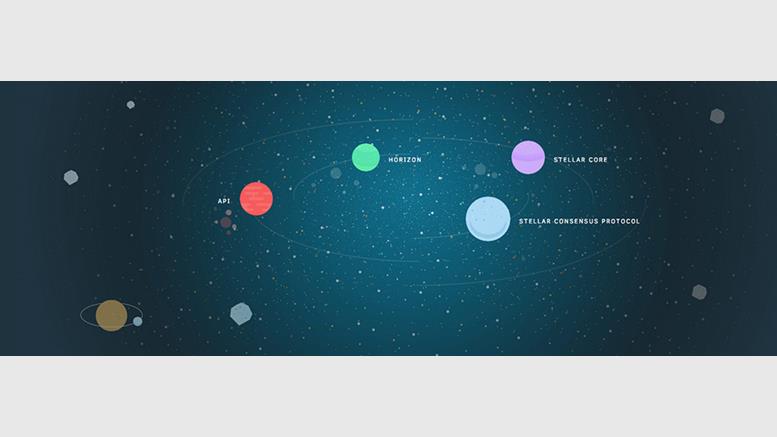
The New Stellar Consensus Protocol Could Permit Faster and Cheaper Transactions
Stanford professor David Mazières thinks he has a faster, more flexible and more secure alternative to Bitcoin, MIT Technology Review reports. Two independent reviewers, from Stanford and Cornell universities, agree that the new technology could make digital payments and other transactions cheaper, safer and easier. Alternative blockchains are often....
Related News
Most of you might have heard about the new SCP protocol developed by Professor David Mazieres from Stanford. Few hardcore Bitcoin fans may find it blasphemous, but it is about time someone created an alternative protocol. Bitcoin protocol has had its own share of troubles in the past couple of years. READ MORE: Better Alternative to Bitcoin from Stanford Professor? SCP or Stellar Consensus Protocol is being used for Stellar Digital Currency, which is an initiative of the non-profit - Stellar Development Foundation. Transactions over SCP are faster, economical and safer than on Bitcoin....
The Stellar Foundation has released details about the new consensus protocol it hopes to deploy on the Stellar network as early as this summer. Founded on a concept called federated Byzantine agreement, the Stellar Consensus Protocol is intended to replace Stellar's existing consensus protocol, itself is based on the system used by competitor Ripple Labs. The Stellar team said in December that it was working to replace its existing protocol following network issues last September. The Stellar Foundation, the organization that oversees the development of the Stellar network, published the....
A recent unintended ledger fork in the Stellar network led to a temporary disruption of its transaction system and a broader debate about the integrity of the Ripple consensus protocol. The debate began on 5th December, when Stellar Development Foundation (SDF) executive director Joyce Kim published a blog post outlining a fork in the Stellar network that the company attributed to problems within the Ripple consensus protocol. Both Ripple Labs and Stellar use the open-source protocol to provide competing transaction networks that allow fiat money to be sent over the blockchain. The....
Decentralized financial system, Stellar, invites the members of the Bitcoin community to claim their cryptocurrency, Lumens. With around 19 billion Lumens being distributed in multiple rounds to anyone based on the quantity of Bitcoin they have, people can start claiming their Lumens on July 5, 2016. Due to restrictions, the program is closed to the residents of New York, Georgia, New Hampshire, Connecticut and any countries on the U.S Sanctions list such as Iran, Cuba, and North Korea. StellarCT r: 130CT r: 130 itself is a network which, unlike regular blockchains, uses the Stellar....
On December 5, Stellar Executive Director Joyce Kim disclosed news of a ledger fork related to a failure of their consensus system. The consensus system used by both Stellar and Ripple have never been used at the scale Stellar is implementing, and the system failed to reach consensus causing a fork in the ledger. Stellar has about 140,000 active accounts per week, and over 3 million total accounts. The maximum number of total accounts the Stellar consensus mechanism has previously supported is 2.88 million. “On Tuesday night, the nodes on the network began to disagree and caused a fork of....





